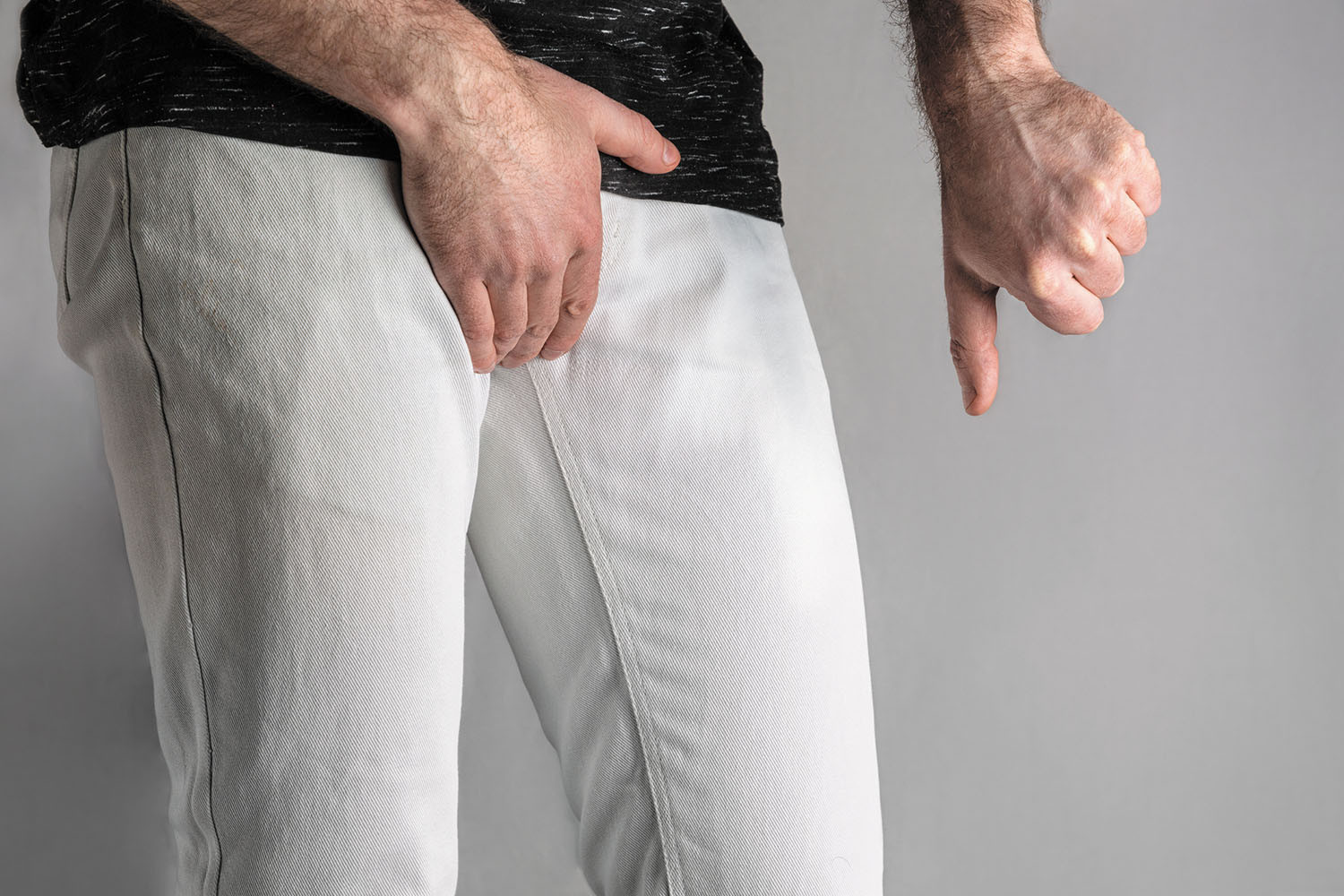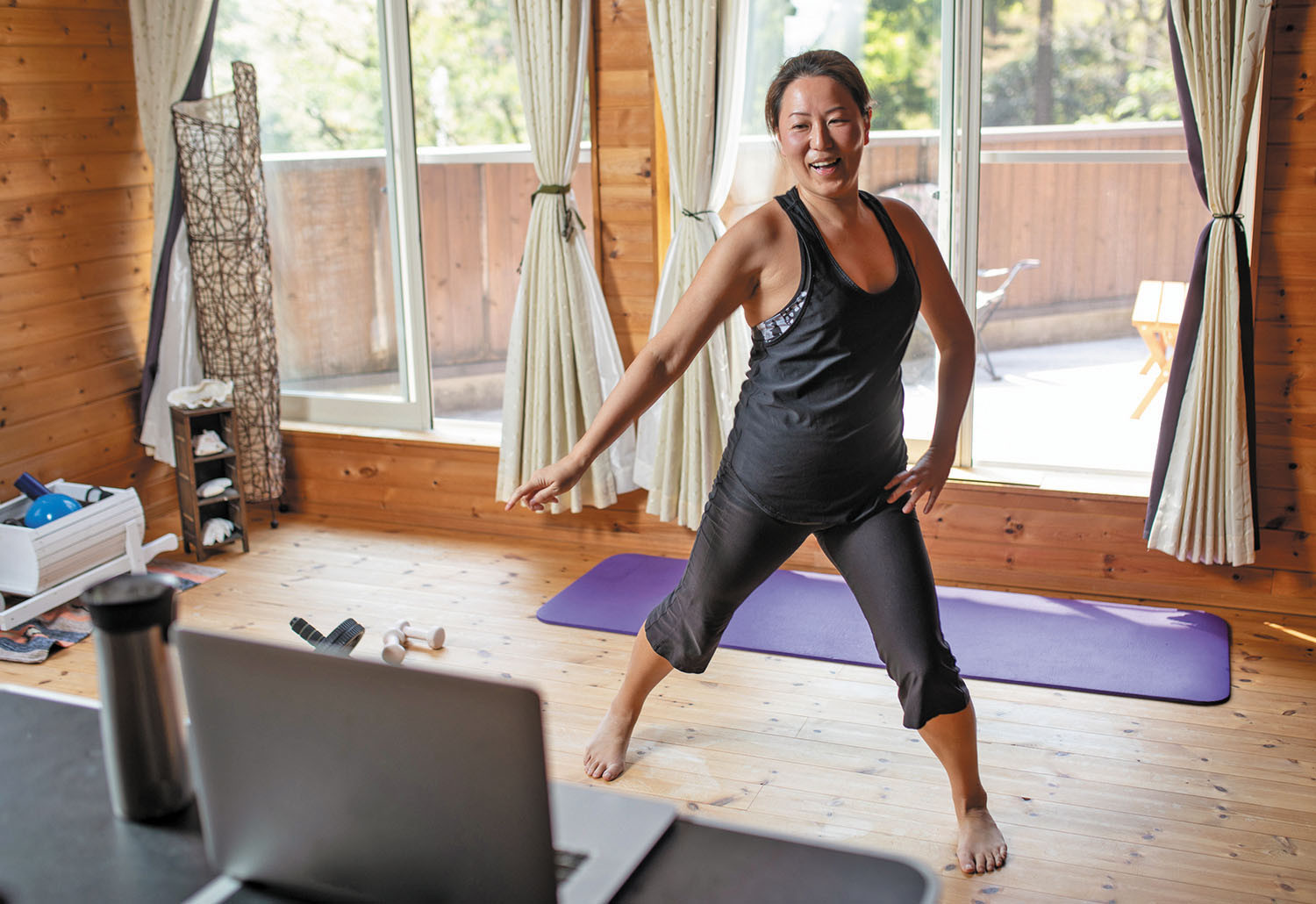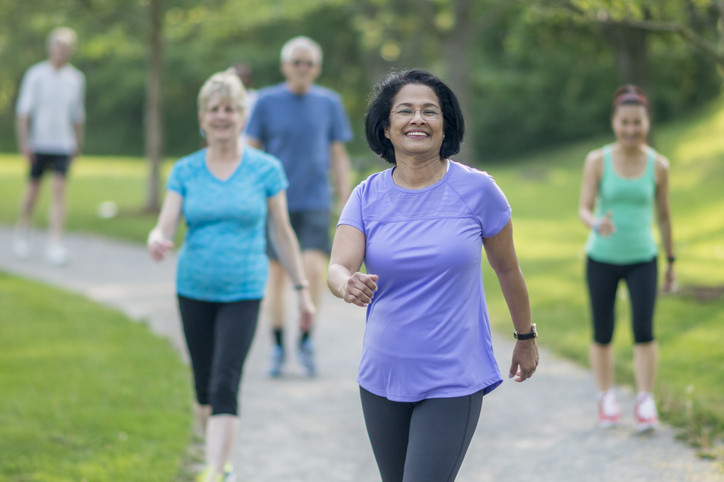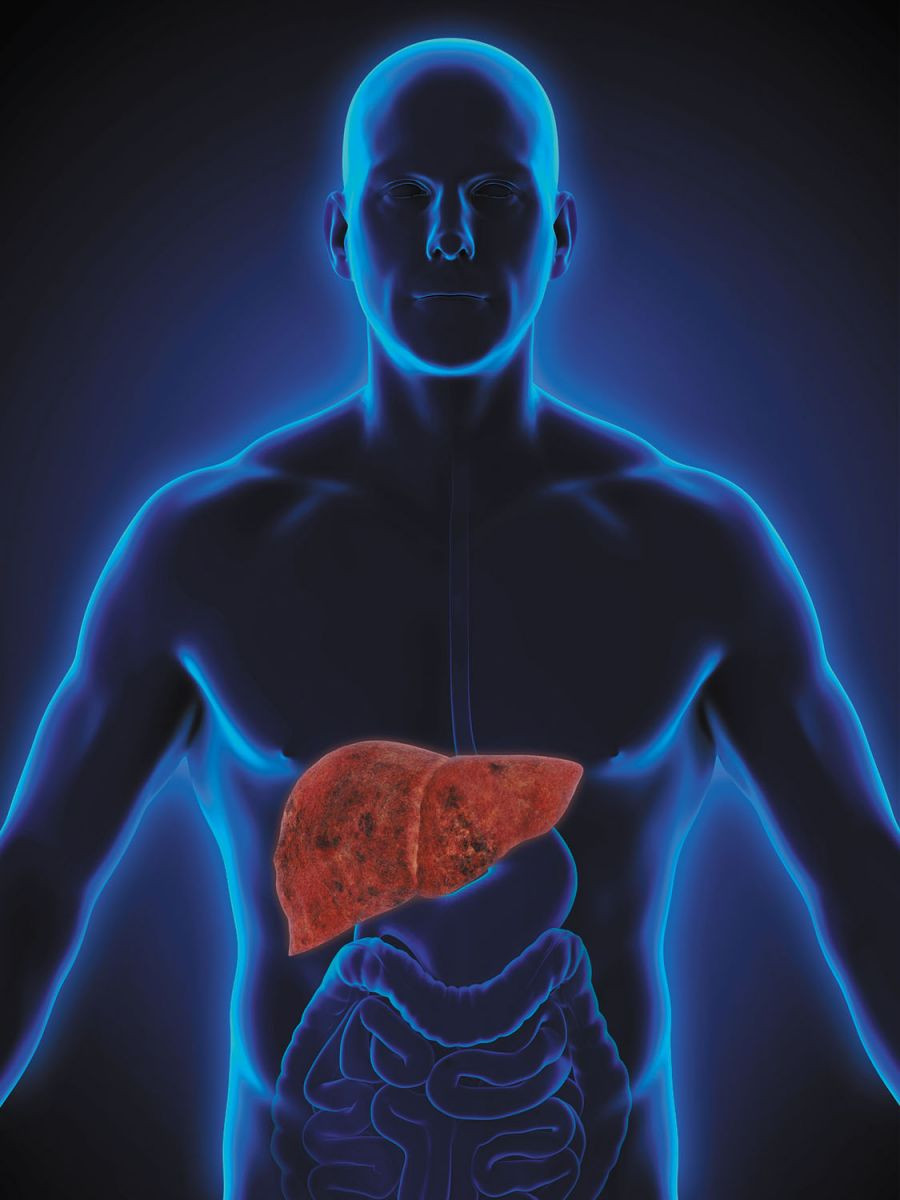
5 timeless habits for better health

What are the symptoms of prostate cancer?

Is your breakfast cereal healthy?

When pain signals an emergency: Symptoms you should never ignore

Does exercise give you energy?

Acupuncture for pain relief: How it works and what to expect

How to avoid jet lag: Tips for staying alert when you travel

Biofeedback therapy: How it works and how it can help relieve pain

Best vitamins and minerals for energy

Should you take probiotics with antibiotics?
Exercise & Fitness Archive
Articles
Stiff and achy in the mornings? How to fix that
Often, feeling stiff and a little achy when you wake or during the day is related to periods of inactivity, perhaps while sleeping or parked in front of a computer. To counteract this, plan frequent movement breaks and try these stretches focusing on stiff or achy areas.
Obesity is still on the rise among American adults
Research we're watching
American adults are gaining weight, according to data from the CDC. Twelve U.S. states now have obesity rates of 35% or higher, compared with just six states in 2017 and nine states in 2018. Experts say the trend is particularly concerning because adults with obesity are more prone to severe outcomes from COVID-19.
According to the CDC report, racial and ethnic minority groups are disproportionately affected by obesity. Prevalence rates nationwide were
"Awe" walks inspire more joy, less distress
News briefs
Need a little inspiration? The next time you take a walk outside, note things that spark a sense of wonder or awe. That's what some older adults tried for a small study published online Sept. 21, 2020, by the journal Emotion. Of the 50 people who took part, half went for weekly 15-minute walks outdoors (alone) for eight weeks, and snapped "selfies" along the way. The other half took the same walks and selfies, but visited a new place each time. They were asked, especially, to note things that inspired a sense of awe — like tree colors or leaves underfoot softened by rain. Participants also answered surveys about the emotions they felt on walk and non-walk days. After analyzing responses and photos, scientists found that people who people took the "awe walks" reported less distress and increasing awe, joy, compassion, and gratitude, compared with people on the regular walks. Awe walkers also smiled more and made themselves smaller in their photos, focusing more on landscapes — a sign of a greater appreciation of the world around them. Try it yourself: On your next walk, imagine you're seeing things for the first time. What will inspire you? Perhaps a path lined with trees, the shore of a lake, or an up-close look at skyscrapers. Jot down your observations, and see if you feel a sense of wonder and joy. Happy trails!
Image: © Igor Alecsander/Getty Images
Unlocking the mystery of chronic pelvic pain syndrome
The condition is an all-too-real problem for men, and one of the more difficult to treat.
After age 50, men often have periods of discomfort "down there." It could be a cramping, aching, or throbbing pain in and around your pelvis and genitals. You also may have issues in the bedroom and bathroom. While the problems are real, the cause is often difficult to pinpoint.
It's called chronic pelvic pain syndrome (CPPS) — also known as chronic prostatitis — and it's one of the most puzzling and difficult-to-manage conditions for older men.
Stuck at home?
You can get a good workout anyway.
The winter months present numerous challenges to maintaining your fitness in a typical year. This year, with the COVID-19 pandemic, it may be harder than ever to get to the gym or your usual exercise class.
What can you do to keep your body in motion and not lose ground as the weather turns colder? The answer, luckily, is plenty, says Dr. Beth Frates, an assistant professor physical medicine and rehabilitation at Harvard Medical School. There are many effective workouts that don't require a large space, a gym, expensive equipment, or even a live instructor.
Easy ways to fight pandemic-era inactivity
Interrupt your sitting time with a break every hour.
For many people, the effects of the pandemic include less physical activity. But long periods of sitting are bad for health. They're associated with increased risks for obesity, diabetes, heart disease, stroke, cancer, and metabolic syndrome (a cluster of health conditions that include abdominal obesity, unhealthy cholesterol levels, high blood pressure, and high blood sugar). Too much sitting is even linked to an early death. The good news: staying active throughout the day helps reverse the effects of too much sitting.
Doctor's orders
"Take a two-, five-, or 10-minute break at least once per hour," advises Dr. Beth Frates, director of wellness programming for the Stroke Research and Recovery Institute at Harvard-affiliated Spaulding Rehabilitation Hospital.
The skinny on fatty liver disease
Rates continue to rise, but there are ways to protect yourself and even reverse the effects of this dangerous disorder.
Your liver is your largest internal organ and your body's workhorse. Among its many jobs are converting food into fuel, processing fat from your blood, clearing harmful toxins, and making proteins that help your blood clot. Yet this hard-working, supersized organ is susceptible to a dangerous and often hard-to-diagnose condition called nonalcoholic fatty liver disease, or NAFLD.
NAFLD is defined as the presence of fat in more than 5% of liver cells. It is the most common liver disease and affects up to 25% of American adults, 60% of whom are men.
Recharge your sexual energy
If lack of energy has drained your sex life, there are ways to reignite the passion.
Image: © nautiluz56/Thinkstock
Your sexual drive can stay high late in life, but often your energy for sex can diminish. Low energy not only affects your sex life, but can carry over to other parts of your life, too. You can become apathetic, no longer find pleasure in favorite activities, and become more sedentary.
However, many of these issues related to lost sexual energy can be addressed. "Never think lack of energy means an end to your sex life, and there is nothing you can do about it," says Dr. Sharon Bober, director of the Harvard-affiliated Dana-Farber Sexual Health Program. "There are many strategies you can adopt to get back in the game."
New guidelines for aches, pains, and strains
When a minor injury leads to soreness or discomfort, what’s the best first treatment choice? The American College of Physicians and the American Academy of Family Physicians recently developed new recommendations based on reviews of more than 200 studies involving nearly 33,000 subjects.

5 timeless habits for better health

What are the symptoms of prostate cancer?

Is your breakfast cereal healthy?

When pain signals an emergency: Symptoms you should never ignore

Does exercise give you energy?

Acupuncture for pain relief: How it works and what to expect

How to avoid jet lag: Tips for staying alert when you travel

Biofeedback therapy: How it works and how it can help relieve pain

Best vitamins and minerals for energy

Should you take probiotics with antibiotics?
Free Healthbeat Signup
Get the latest in health news delivered to your inbox!
Sign Up











